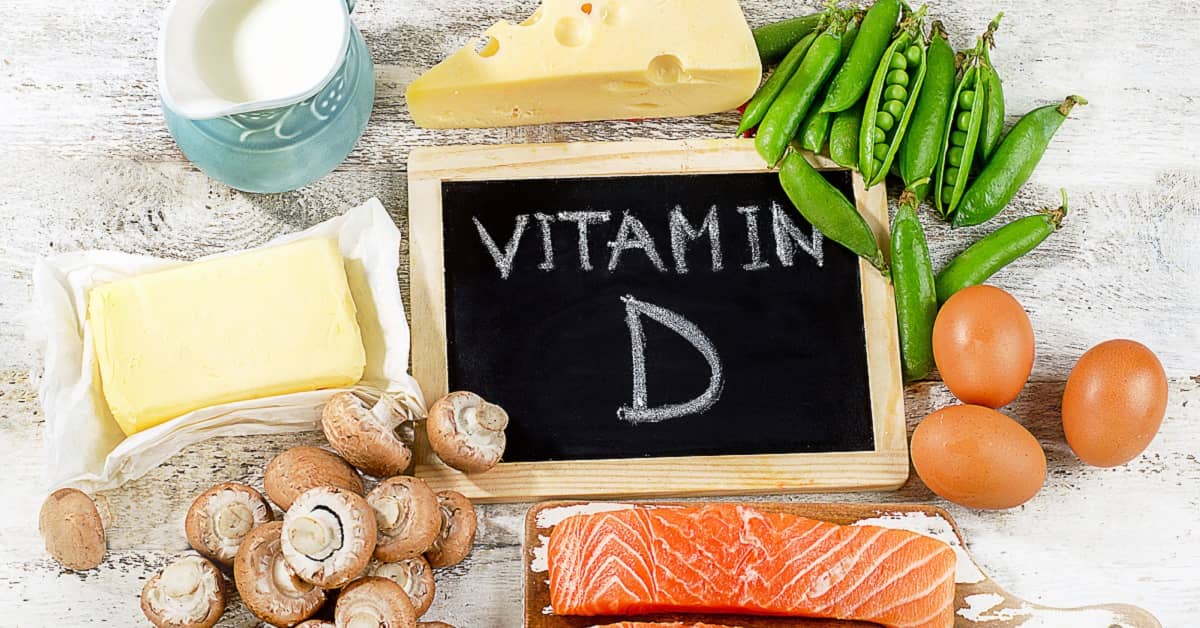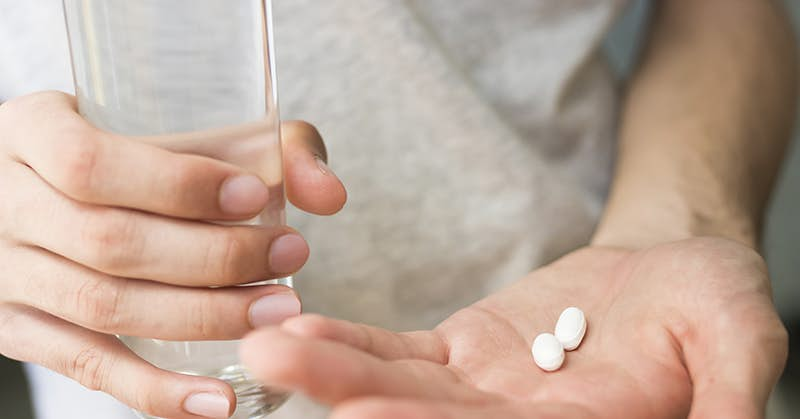
But at the same time there’s lots of debate on what constitutes a “healthy” vitamin D level and just how much vitamin D you need to supplement with to achieve it. Let’s take a closer look at the research and what the experts say.
Vitamin D is a well-known factor in bone health, but it also plays many other important health roles throughout the entire body.
A recent review by researchers from Italy concluded that vitamin D is "a multi-dimensional predictor of ill health in the aging process."
Meanwhile, The Buck Institute for Research on Aging, based in California, reports that "a wide variety of human age-related diseases are associated with vitamin D deficiency." But that’s only the beginning…
Low Vitamin D Levels Triple Your Risk of Dying
In a brand-new large human study presented at a medical conference held in Spain last September, researchers at the Medical University of Vienna, Austria analyzed data from 78,581 patients with an average age of 51. Researchers monitored vitamin D levels from each of these patients for 10.5 years on average.They compared a reading of 50 nmol/L, with those whose levels were low (10 nmol/L) and high (90 nmol/L).
Over the period of the study there were 11,877 deaths. The researchers found low levels (10nmol/L) were associated with a two to three-fold increase in the risk of death. For example, for those aged 60 to 75 the risk of death doubled, for the 45 to 60 age group the risk of death nearly tripled at 2.9, and things weren’t much better for the under 45 set, with risk of death increasing over two-and-a-half times (2.7, to be exact).
As for patients with high blood vitamin D values at 90 nmol/L, they enjoyed a 30 to 40 percent lower risk of death from any cause. Again, the biggest effect was seen in the 45 to 60 age range.
Interestingly, for the over 75 group, no significant link between vitamin D levels and mortality was observed.
When it came to health problems, researchers observed the largest effect of too-low vitamin D levels in people with diabetes. Diabetics were at 4.4 times higher risk of death if they had levels below 50 nmol/L compared to those above it.
Now, some studies suggest vitamin D is only protective up to a certain level. Above this, a reverse effect takes hold and health risks increase instead of decrease. The current study does not bear this out. People with very high values (above 100 nmol/L) were not found to be at any increased risk of any health problems.
Researchers Conclude that RDAs are Too Low
The study found "a strong association" between deficiency and increased mortality which is more pronounced in younger and middle-aged groups. The researchers supported "supplementation to prevent premature mortality."Dr. RodrigMarculescu, who led the study, said that since many disease processes kick off early in life, supplementation should start at a young age.
He agrees with the recommendations of the hormone specialists at The Endocrine Society. This group broke ranks with the Institute of Medicine (IOM), which set the recommended daily amount at 600 IU from age 1 to 71, and 800 IU above 71.
I’ve said for years that this recommendation is absurdly, dangerously low.
The Vienna group suggests the range for children and teenagers should be 600 to 1000 IU while adults should get 1,500 to 2000 IU each day.
Dr. Michael Holick from Boston University School of Medicine, one of the world's foremost authorities on vitamin D, states that deficiency of this vitamin is at epidemic proportions.
He issued a scathing rebuttal against the IOM vitamin D recommendations, saying their advice is inadequate and based on outdated science.
Dr. Holick advocates regular safe sun exposure and supplementing with 1000 to 2000 IU a day. He recommends maintaining blood levels of vitamin D at or above 75 nmol/L or 30 ng/mL, depending on the measurement used.
In the United States you more commonly see dosages expressed in ng/mL. Dr. Holick’s suggestion to aim for 30 is still pretty conservative. I’ve seen other authorities aim for 60 ng/mL as the ideal blood level for this vitamin.
In an interview, a doctor who has measured the D levels of hundreds of patients told us it’s extremely rare to see a patient with 60 ng/mL. Almost all of us are well below that.
Personally, I take 5,000 IU of vitamin D per day.
- https://www.ncbi.nlm.nih.gov/pubmed/31590434
- https://www.ncbi.nlm.nih.gov/pubmed/27783938
- https://www.webmd.com/vitamins-and-supplements/news/20190920/low-vitamin-d-levels-shorter-life#2
- The Vitamin D Solution by Michael Holick, Hudson Street Press 2010


